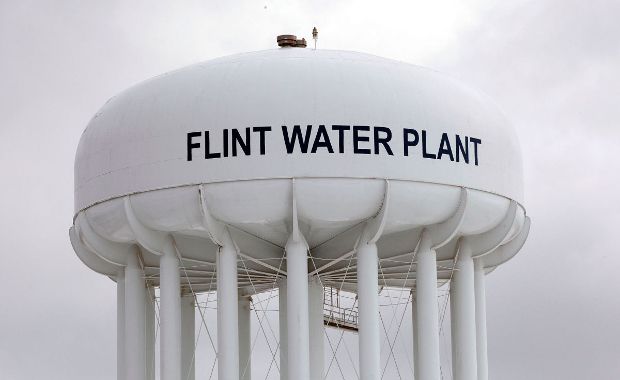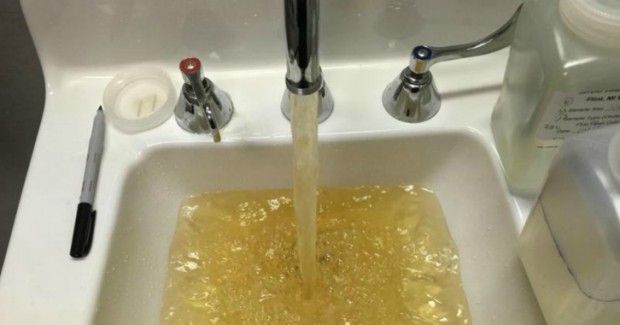Advertisement
Flint Mayor Announces Residents Will Stop Paying for Contaminated Water


You might be surprised to hear that residents of Flint, Michigan pay some of the highest water bills in the country. You might be even more surprised to hear that since Flint’s water was discovered to have been contaminated with lead and other chemicals, resulting in the death of 10 people and 87 cases of legionnaires disease, its residents have still been paying some of the highest water bills in the country for water they do not use.
Mayor Karen Weaver said on Wednesday that residents will finally no longer have to pay for the contaminated water, according to the Detroit Free Press. Well, that is, for about a month.
Weaver said that the government needs time to figure out how to apply the $30 million given to them from the State of Michigan.
Governor Rick Snyder approved the plan last week to address the crisis that began in April of 2014 when the city switched from using Detroit’s drinking water to the Flint River, which was contaminated and not properly treated.
Federal law states that any water running through lead pipes must be treated with an additive. Without the additive, lead seeps into the water, exactly what happened in Flint. It would have cost the city about $9,000 to implement the additive. Instead, it may now cost $1.5 billion to clean up the mess.
According to the Detroit Free Press, Weaver said “the credits are coming.”
“Flint residents need and deserve this relief. I’ve said from Day One, Flint residents should not have to pay for water they cannot and are not using.”
This news comes after Flint lawmakers were lambasted for passing a law banning oral and anal sex, instead of addressing the water crises.
The credits awarded to citizens will cover about 65 percent of water bills and will amount to around $600 per customer. Businesses will also be eligible for water relief for up to 20 percent of their water bills.
Weaver said that the city is working to “get accounts in order” for its 85,000 utility users and that this is only one part of a larger commitment from Gov. Snyder to fix the water.
